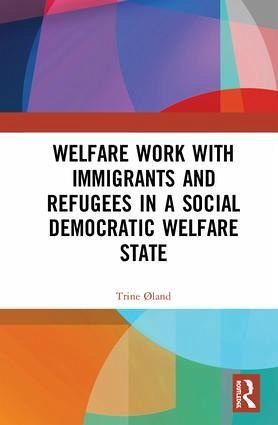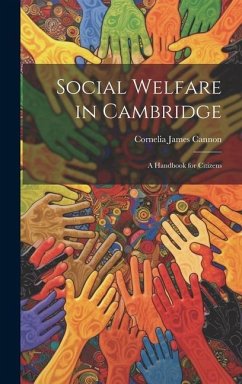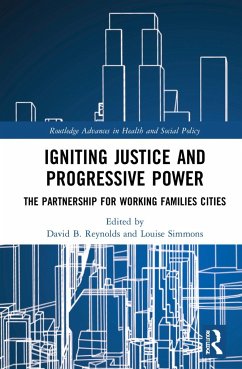
Welfare Work with Immigrants and Refugees in a Social Democratic Welfare State
Versandkostenfrei!
Versandfertig in über 4 Wochen
178,99 €
inkl. MwSt.
Weitere Ausgaben:

PAYBACK Punkte
89 °P sammeln!
Welfare Work with Immigrants and Refugees in a Social Democratic State provides an ambiguous yet disturbing portrait of the inner workings of the Danish Welfare state and its implications in a context of globalisation and migration.










![The Social Welfare Forum: Official Proceedings [Of The] Annual Meeting; Volume 21 Cover The Social Welfare Forum: Official Proceedings [Of The] Annual Meeting; Volume 21](https://bilder.buecher.de/produkte/68/68656/68656534n.jpg)


